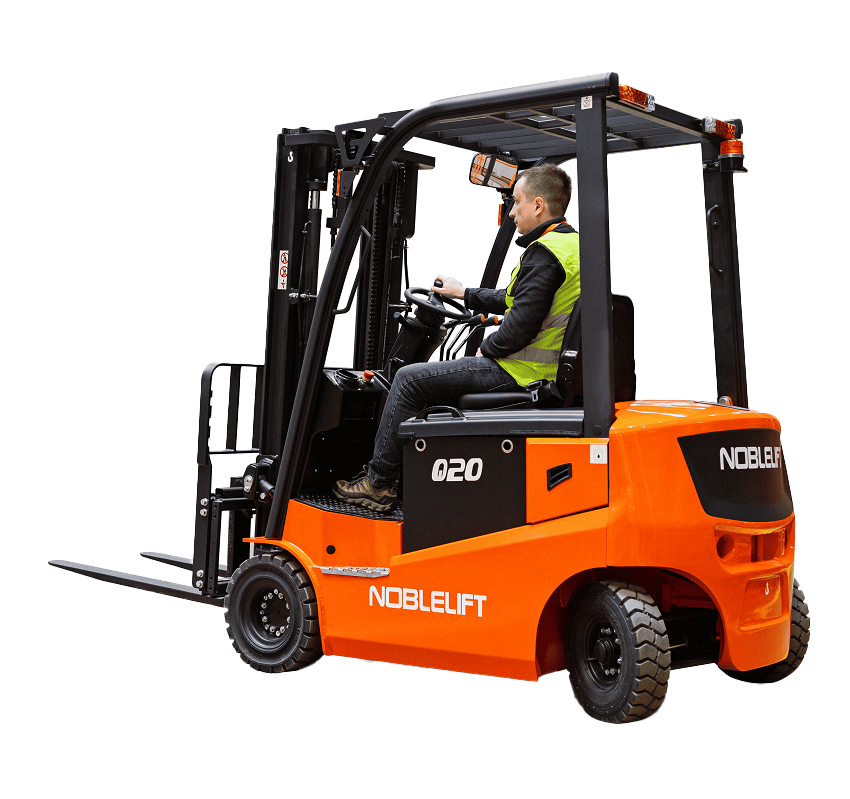The Essentials of Handling Forklift Trucks
Forklift trucks are indispensable tools in various industries, including warehousing, manufacturing, and logistics. These powerful machines are designed to lift and transport heavy loads with ease, making them essential for efficient material handling. However, operating a forklift truck requires skill, knowledge, and adherence to safety protocols to ensure the safety of both the operator and those around them. This article delves into the key aspects of handling forklift trucks, covering types, safety measures, and best practices.
Types of Forklift Trucks
Forklift trucks come in various types, each suited for specific applications. The most common types include:
 ForkLift Trucks.com | China Manufacturer Trade price on Materials Handling Fork-lifts Truck, Stackers, Industrial vehicles, Scrubbers, Transporters Sale Buy Online Industrial Equipment in USA/UK/India/Australia/canada
ForkLift Trucks.com | China Manufacturer Trade price on Materials Handling Fork-lifts Truck, Stackers, Industrial vehicles, Scrubbers, Transporters Sale Buy Online Industrial Equipment in USA/UK/India/Australia/canada
Electric Forklifts: These are ideal for indoor use due to their low noise levels and zero emissions. They are powered by batteries and are known for their efficiency and ease of maintenance.
Diesel Forklifts: These are robust and powerful, making them suitable for outdoor use and heavy-duty applications. They can handle uneven surfaces and are known for their durability.
Gas Forklifts: These forklifts are versatile and can be used both indoors and outdoors. They offer a good balance between power and emissions, making them a popular choice for various industrie.
Safety Measures
Safety is paramount when operating forklift trucks. Here are some essential safety measures to follow:
Pre-Operation Checks: Before using a forklift, conduct a thorough inspection to ensure it is in good working condition. Check the brakes, steering, lights, and horn. Ensure that the forks are not damaged and that the tires are properly inflated.
Proper Training: Operators must undergo proper training and certification to handle forklift trucks. This training should cover the basics of operation, safety protocols, and emergency procedures.
Load Handling: Always ensure that the load is within the forklift’s capacity. Overloading can lead to accidents and damage to the forklift. Secure the load properly and ensure it is balanced before lifting.
Safe Driving Practices: Drive at a safe speed and avoid sudden turns or stops. Keep a safe distance from other vehicles and pedestrians. Use the horn to alert others of your presence, especially at intersections and blind spots.
Avoid Distractions: Stay focused while operating the forklift. Avoid using mobile phones or other distractions that can take your attention away from the task at hand.
Best Practices
To ensure efficient and safe operation of forklift trucks, follow these best practices:
Regular Maintenance: Schedule regular maintenance checks to keep the forklift in optimal condition. This includes checking fluid levels, inspecting the hydraulic system, and replacing worn-out parts.
Proper Storage: When not in use, store the forklift in a designated area away from high-traffic zones. Ensure that the forks are lowered, and the parking brake is engaged.
Use of Personal Protective Equipment (PPE): Operators should wear appropriate PPE, including safety helmets, high-visibility vests, and steel-toed boots. This helps protect them from potential hazards
Adherence to Load Limits: Always adhere to the load limits specified by the manufacturer. Overloading can compromise the stability of the forklift and increase the risk of accidents.
Awareness of Surroundings: Be aware of your surroundings at all times. Look out for obstacles, uneven surfaces, and other potential hazards. Use mirrors and cameras, if available, to enhance visibility.
In conclusion, handling forklift trucks requires a combination of proper training, adherence to safety protocols, and regular maintenance. By following these guidelines, operators can ensure the safe and efficient operation of forklift trucks, contributing to a safer and more productive work environment.
